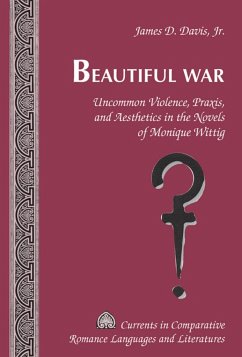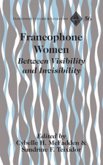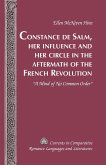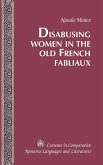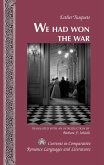Beautiful War explores the interdependent political, linguistic, and erotic registers of lesbian feminism in Monique Wittig's novels, querying in particular how they function collectively to destabilize male hegemony and heterosexism. Beginning with the assertion that Wittig expressly dismantles the Classical veneration of la belle femme in order to create an agent more capable of social change (la femme belliqueuse), the author traces the permutations of violence through her four novels, L'Opoponax, Les Guérillères, Le Corps Lesbien, and Virgile, Non and examines the relevance of brutality to Wittig's feminist agenda. Drawing on literary criticism, intellectual and political history, queer theory, and feminist theory in his readings of the primary texts, the author argues that Wittig's oeuvre constitutes a progressive textual actualization of paradigm shifts toward gender parity and a permanent banishment of the primacy of male and heterosexist political and sexual discourse.
Bitte wählen Sie Ihr Anliegen aus.
Rechnungen
Retourenschein anfordern
Bestellstatus
Storno

